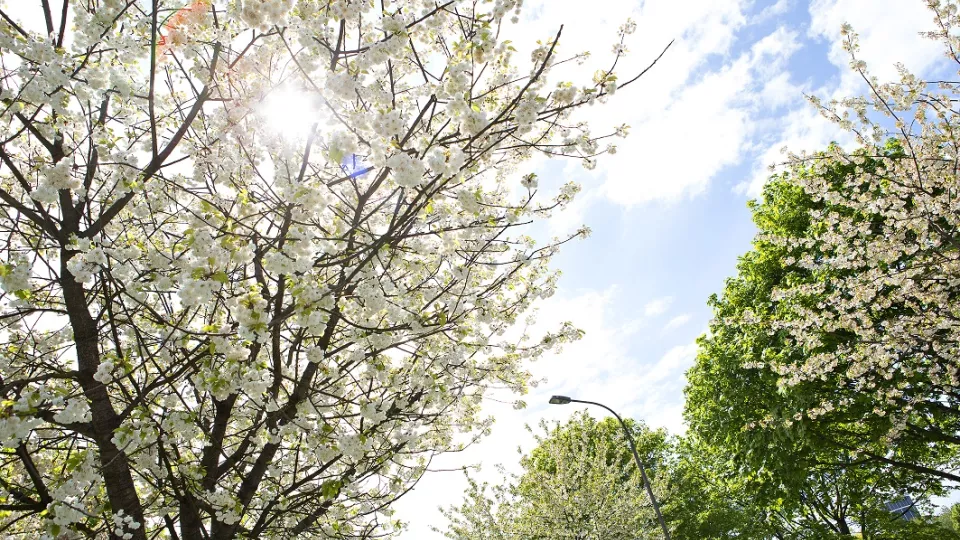– Nowadays, many universities and municipalities want to work together to create sustainable solutions and move climate planning forward. Alongside this, how best to structure transdisciplinary collaborations is a growing research area, says Ebba Brink, researcher at the LUCSUS.
She has tested a model developed specifically for transdisciplinary research projects with a sustainability focus. As a case study, she used a project on ecosystem services in planning, in which she participated together with other researchers, including Christine Wamsler and Sanna Stålhammar from LUCSUS, and seven municipalities in Skåne.
The project participants were introduced to a model developed by German researchers, which is based on a number of evaluating questions to be answered before and during the course of the research. The model aims to support participants to build interdisciplinary teams, clearly define the ‘real-world’ sustainability problem that the research project is to address, achieve results that are useful for both society and academia, while identifying pitfalls and challenges along the way.
– Using the model enabled us to focus our attention on the collaboration process itself, something that many projects overlook. Did we have the same understanding of the sustainability problem, and was there a clear benefit for the municipalities and the researchers who took part?
According to Ebba Brink, the model provided a platform to discuss how to design the collaboration so as to achieve solutions, and help ensure that the project would include the stakeholders affected by the sustainability problem.
The participants also gained a greater understanding of each other’s work cultures and the differences in their expectations.
For example, it became clear that the municipal civil servants had less flexibility than the researchers for rescheduling meetings and work duties at short notice. It also emerged that the practitioners wished to take part in the production of scholarly articles, particularly since some of them were originally researchers and were happy to continue accumulating academic qualifications.
– Using the model allowed us to adjust our methodology and thereby improve the collaboration. We invited the civil servants to join in the scholarly work, while acquiring a deeper understanding of how a municipal organisation manages environmental issues.
Ebba Brink believes it will become increasingly important to use evidence-based models as transdisciplinary sustainability collaborations become more common, both nationally and internationally.
- In order to achieve results that benefit both the municipalities and academia, it is essential to work according to models that focus on clarifying how the interdisciplinary collaboration can benefit both parties. What is the actual benefit to society? And how does the project contribute to achieving that result?
Without a model, she says, there is a greater risk of conflicts of interest, and less guidance on how the project is to identify and tackle the ‘real-world’ sustainability problem.
– By identifying these issues at an early stage, preferably before the project gets going, you create a shared platform for structuring the collaboration. This allows you to avoid common pitfalls and also facilitates transferring knowledge back to society at the end.
